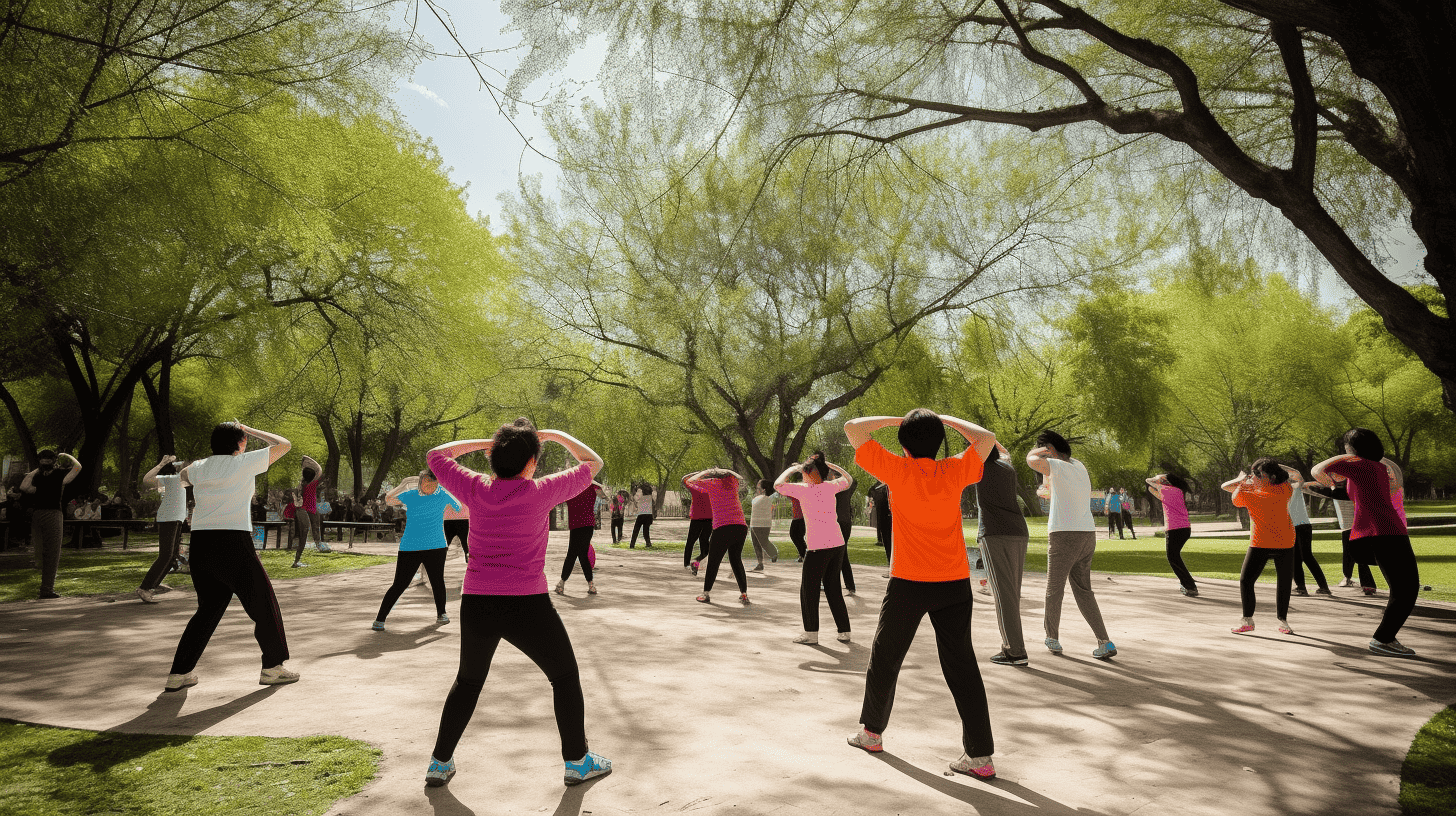Introduction
Depression is a common mental health disorder that affects millions of people worldwide. It can cause a wide range of symptoms, including feelings of sadness, hopelessness, fatigue, and difficulty concentrating.
Exercise is a safe and effective way to improve mental health, including depression. It has been shown to reduce symptoms of depression, improve mood, and increase energy levels.
There are many different types of exercise that can be helpful for depression. In this article, we will compare the effectiveness of different types of exercise for depression.
Types of Exercise
There are many different types of exercise that can be helpful for depression. Some of the most common types of exercise include:
- Aerobic exercise: Aerobic exercise is any activity that gets your heart rate up. Examples of aerobic exercise include running, swimming, biking, and dancing.
- Strength training: Strength training is any activity that helps you build muscle. Examples of strength training include lifting weights, using resistance bands, and doing push-ups and sit-ups.
- Yoga: Yoga is a mind-body practice that combines physical postures, breathing exercises, and meditation.
- Tai chi: Tai chi is a gentle martial art that combines slow, flowing movements with deep breathing.

Which Type of Exercise Is Best?
The best type of exercise for depression depends on individual needs and preferences. Some people prefer aerobic exercise, while others prefer strength training or yoga.
Aerobic exercise is often the most effective type of exercise for depression. It has been shown to reduce symptoms of depression, improve mood, and increase energy levels. A study published in the Journal of the American Medical Association found that aerobic exercise was as effective as medication for treating depression.
Strength training can also be helpful for depression. It can help to improve body image and self-esteem, which can be important for people with depression. A study published in the Journal of Clinical Psychiatry found that strength training improved symptoms of depression in people with chronic pain.
Yoga and tai chi are gentler forms of exercise that can be helpful for people with depression. They can help to reduce stress and anxiety, which can contribute to depression. A study published in the Journal of Alternative and Complementary Medicine found that yoga improved symptoms of depression in people with anxiety.
Choosing an Exercise Program
If you are considering exercise as a treatment for depression, it is important to choose an exercise program that is right for you. Here are a few tips:
- Start slowly and gradually increase the intensity and duration of your workouts.
- Find an activity that you enjoy.
- Exercise with a friend or family member for support.
Exercise is a safe and effective way to improve mental health, including depression. There are many different types of exercise that can be helpful, so it is important to find an activity that you enjoy and that fits your needs.
Additional Benefits of Exercise for Depression
In addition to reducing symptoms of depression, exercise can also provide a number of other benefits for people with depression, including:
- Improved sleep: Exercise can help to improve sleep quality and duration, which can be important for people with depression.
- Reduced inflammation: Exercise can help to reduce inflammation, which is thought to play a role in depression.
- Increased brain connectivity: Exercise can help to increase connectivity between different parts of the brain, which can improve cognitive function and mood.
How Much Exercise Is Enough?
The amount of exercise that is needed to improve depression varies from person to person. However, most experts recommend that people with depression get at least 30 minutes of moderate-intensity aerobic exercise most days of the week.
Moderate-intensity aerobic exercise is exercise that makes you breathe harder and your heart beat faster. Examples of moderate-intensity aerobic exercise include:
- Brisk walking
- Biking
- Swimming
- Dancing
If you are new to exercise, start slowly and gradually increase the intensity and duration of your workouts. It is also important to talk to your doctor before starting any new exercise program.
Conclusion
Exercise is a safe and effective way to improve mental health, including depression. There are many different types of exercise that can be helpful, so it is important to find an activity that you enjoy and that fits your needs.
Frequently Asked Questions About Exercise for Depression
Is exercise effective for treating depression?
Yes, exercise is an effective treatment for depression. Studies have shown that exercise can help to reduce depression symptoms, improve mood, and increase energy levels.
What type of exercise is best for treating depression?
The best type of exercise for treating depression depends on individual needs and preferences. Some people prefer aerobic exercise, while others prefer strength training or yoga.
How can I start an exercise program for depression?
If you are serious about starting an exercise program for depression, it is best to talk to a mental health professional. They can help you create a safe and effective exercise program that is tailored to your needs.
How much exercise is enough for treating depression?
Most experts recommend that people with depression get at least 30 minutes of moderate-intensity aerobic exercise most days of the week. Moderate-intensity aerobic exercise is exercise that makes you breathe harder and your heart beat faster.
Is exercise safe for everyone with depression?
Yes, exercise is safe for most people with depression. However, if you have any underlying health conditions, such as heart disease or arthritis, talk to your doctor before starting an exercise program.
Can exercise have side effects?
Exercise is generally safe, but it may cause some mild side effects such as fatigue, muscle cramps, or muscle soreness. If you experience any serious side effects, stop exercising and talk to your doctor.
Can exercise cure depression?
Exercise cannot cure depression completely, but it can help to reduce symptoms and improve quality of life. If you have depression, exercise can be a helpful complementary or adjunct treatment.


1 Comment